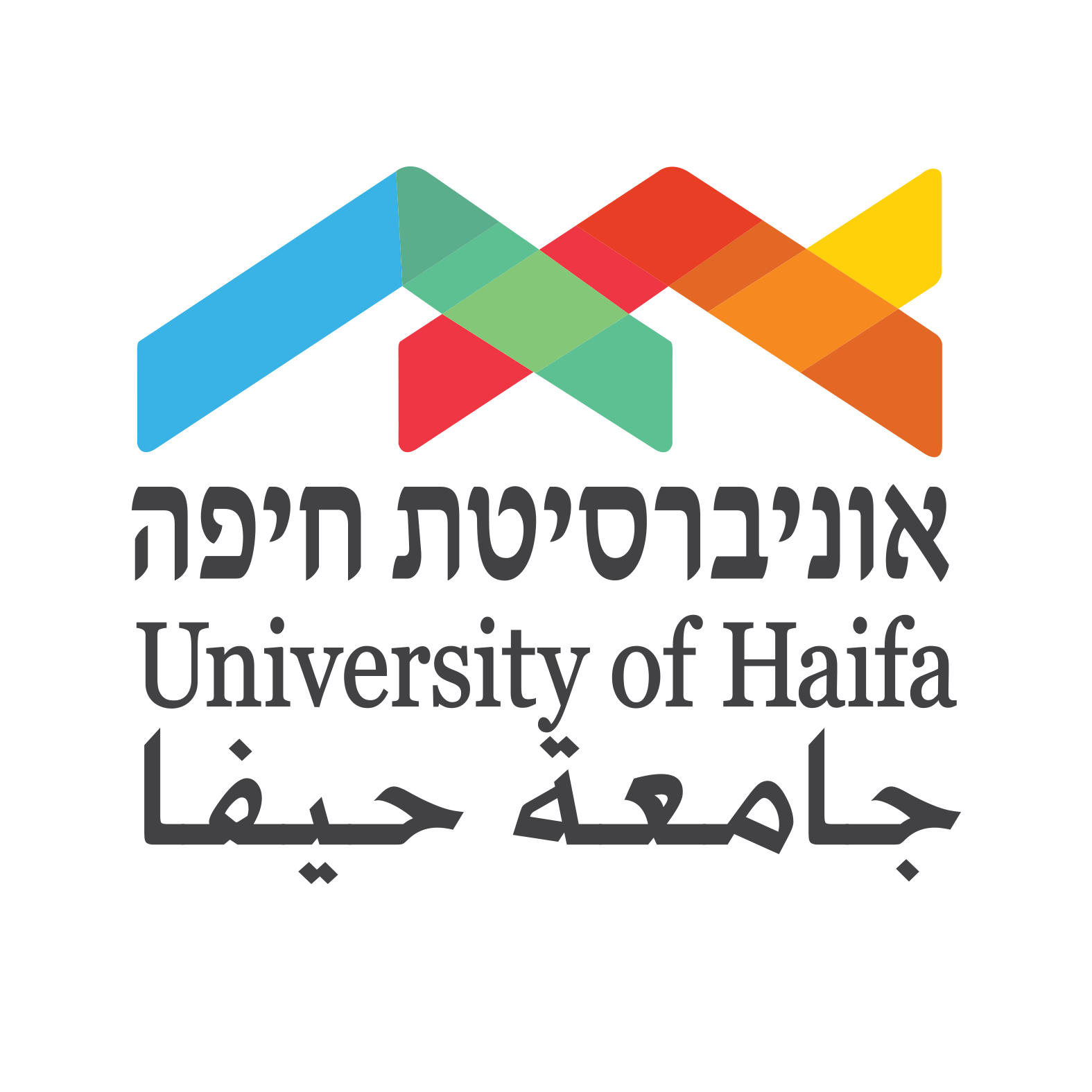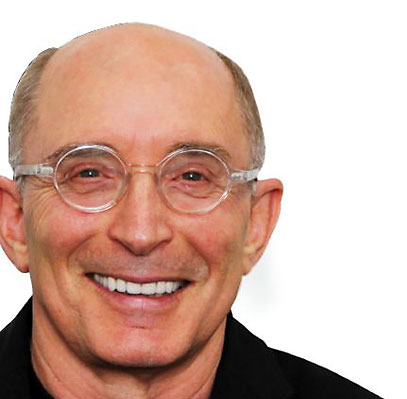The University of Haifa welcomes back Prof. Ron Robin, returning to us as the University’s eleventh president
Professor Ron Robin became the University of Haifa’s new president on October 1, 2016. He comes to us from New York University, where he served as the Senior Vice Provost for Global Faculty Development, overseeing the establishment of NYU international campuses in Abu Dhabi and Shanghai. Prior to his tenure at NYU, Prof. Robin spent 20 years teaching at the University of Haifa, and served as the Dean of Students for five years.
What is your vision for the future of the University of Haifa?
R.R. - A great university should recruit aggressively top academic talent while supplying favorable research conditions. This baseline sets the tone for a ‘republic of scholars’ consisting of a coalition of different academic domains, each bringing to the table their own contributions to the organization. I believe that careful planning and investment in these foundations will inspire a more powerful sense of community– one that is strong enough to transform the university into a magnet for the best and brightest and a breeding ground of knowledge and innovation.
What are some of the University priorities you plan to address?
R.R. - It is imperative for a research university to invest in its human capital and leadership and to have flexi-bility in multiple disciplines. Over the next few years the University has plans to recruit some 200 new faculty members. The previous administration, led by Mr. Amos Shapira and Prof. David Faraggi, has made great strides in launching a multi-year program for absorb-ing a new generation of faculty and we intend to carry on their good work. At the same time, we will continue to invest in cutting-edge infrastructure and concentrate our efforts into developing generous scholarship programs for outstanding undergraduate and graduate students, and post-doctoral fellows.
“As academics, we approach problems by delving into the complexity of human nature and draw from it our insights that we could have never achieved solely from the tabulation of data.”
Prof. Ron Robin
President, University of Haifa
What are some of the challenges you foresee?
R.R. - The steady decline of enrollment in the studies of humanities is a big problem today. The humanities are integral to creating good science as they provide a vital source of critical views. The surge in “big science” is another major challenge for institutes of higher learning, as they demand significant investment in capital equipment.
What sets the University of Haifa apart from other Israeli universities?
R.R. - In addition to creating scientific knowledge, our main mission is the expansion of professional opportunities for all members of society. We embrace the rich tapestry of communities that make up Israeli society.
We have launched an ambitious shift into the natural sciences. One of our signature programs is marine sciences. Learning from the sea is of critical importance not only to the University but also to Israel in general, as it pertains to sustenance, transportation, wealth, sustainability and innovation. And to this end we need to continue to cultivate this field by attracting top talent from around the world. We are also a recognized leader in homeland security training, research and education. We are the proud academic host of the IDF National Security College where senior personnel from the military and other branches of the security forces and intelligence community study for graduate degrees.
Our campus is a true microcosm of Israel’s unique ethnic-religious-linguistic social mosaic. We are bound by shared values and attitudes that promote upward mobility, income equality and egalitarianism in general. Our diverse student body – Jewish and Arab, religious and secular, civilian and military – is a phenomenon which occurs only at the University of Haifa. Nurturing this unique diversity will promote security and stability within our nation, and serve as an example for co-existence both in Israel and the entire region.
What brings you back to Israel and the University of Haifa?
R.R. - Part of our decision was based on family – our children and grandchildren live in Israel, and we want to be closer to them. As for returning to the University of Haifa, I am deeply indebted to this institution. It was here that my academic career really took off. The University provided me with an opportunity to explore my research interests and develop my leadership skills, and really encouraged me to spread my wings.
New Year’s wish for students and staff
R.R. - That you will all come to regard this university as more than just a place of work or academic enquiry, but as a great community – a home away from home – one that cultivates social cohesion and mutual tolerance and respect in our society.


